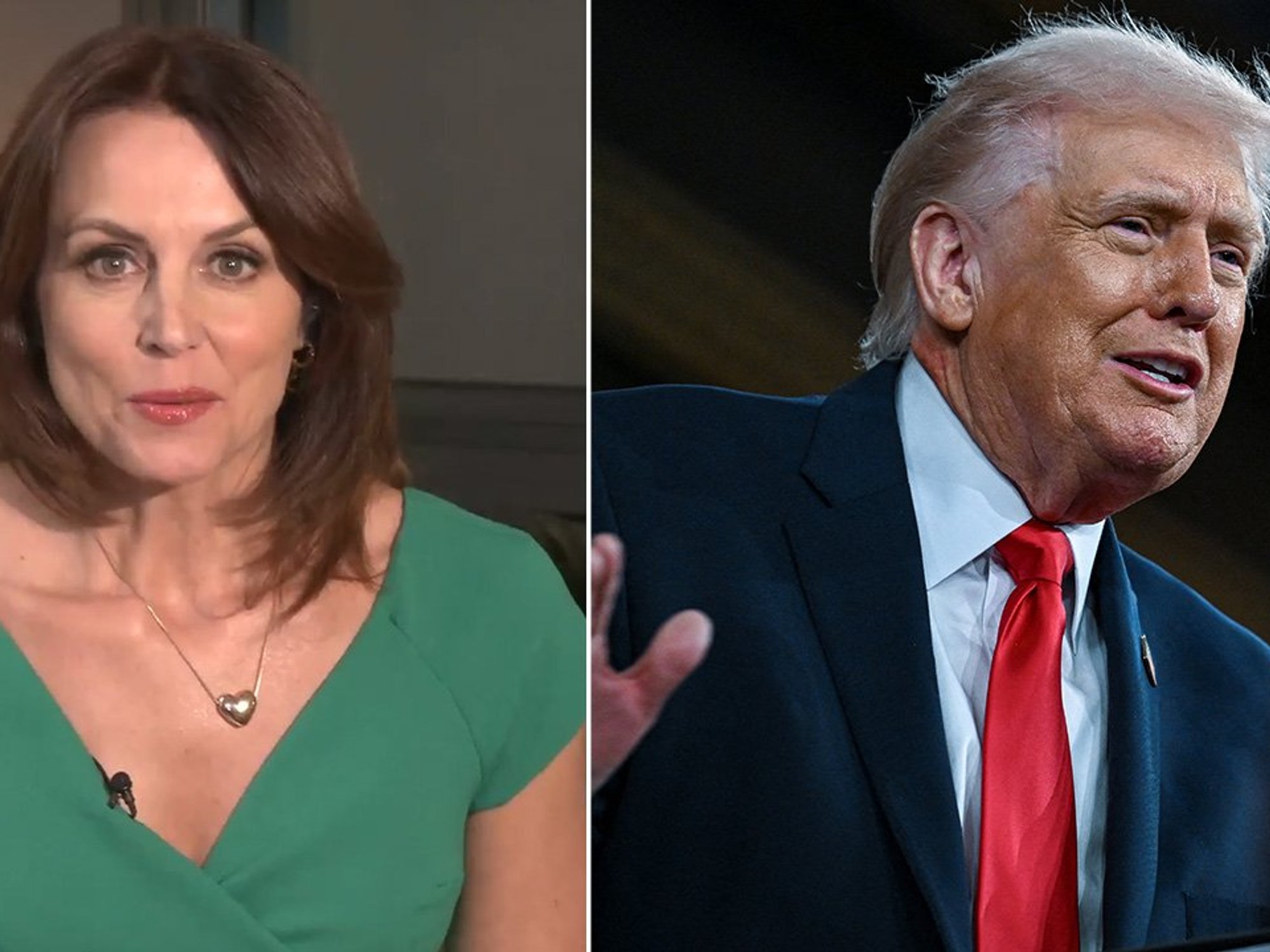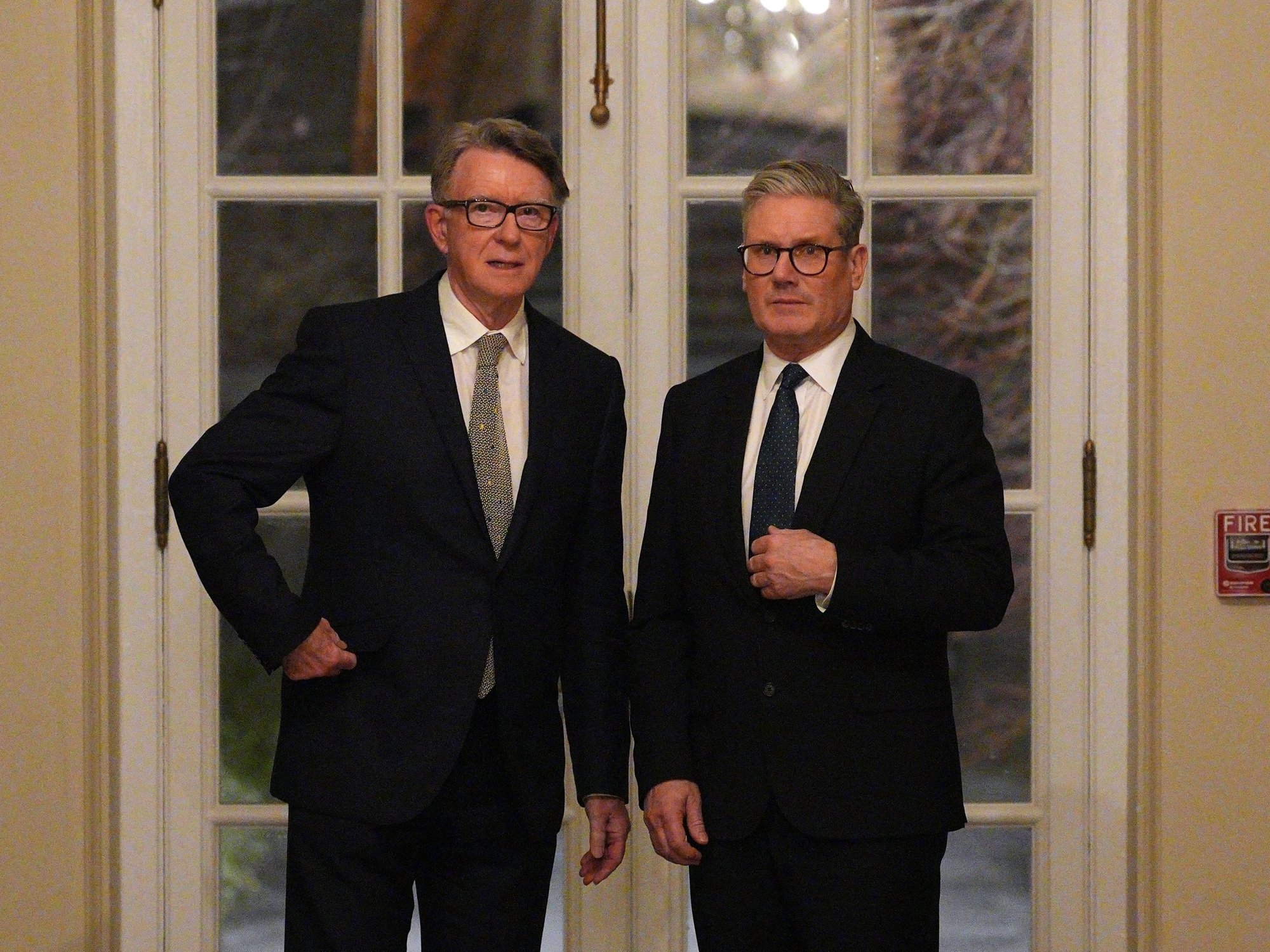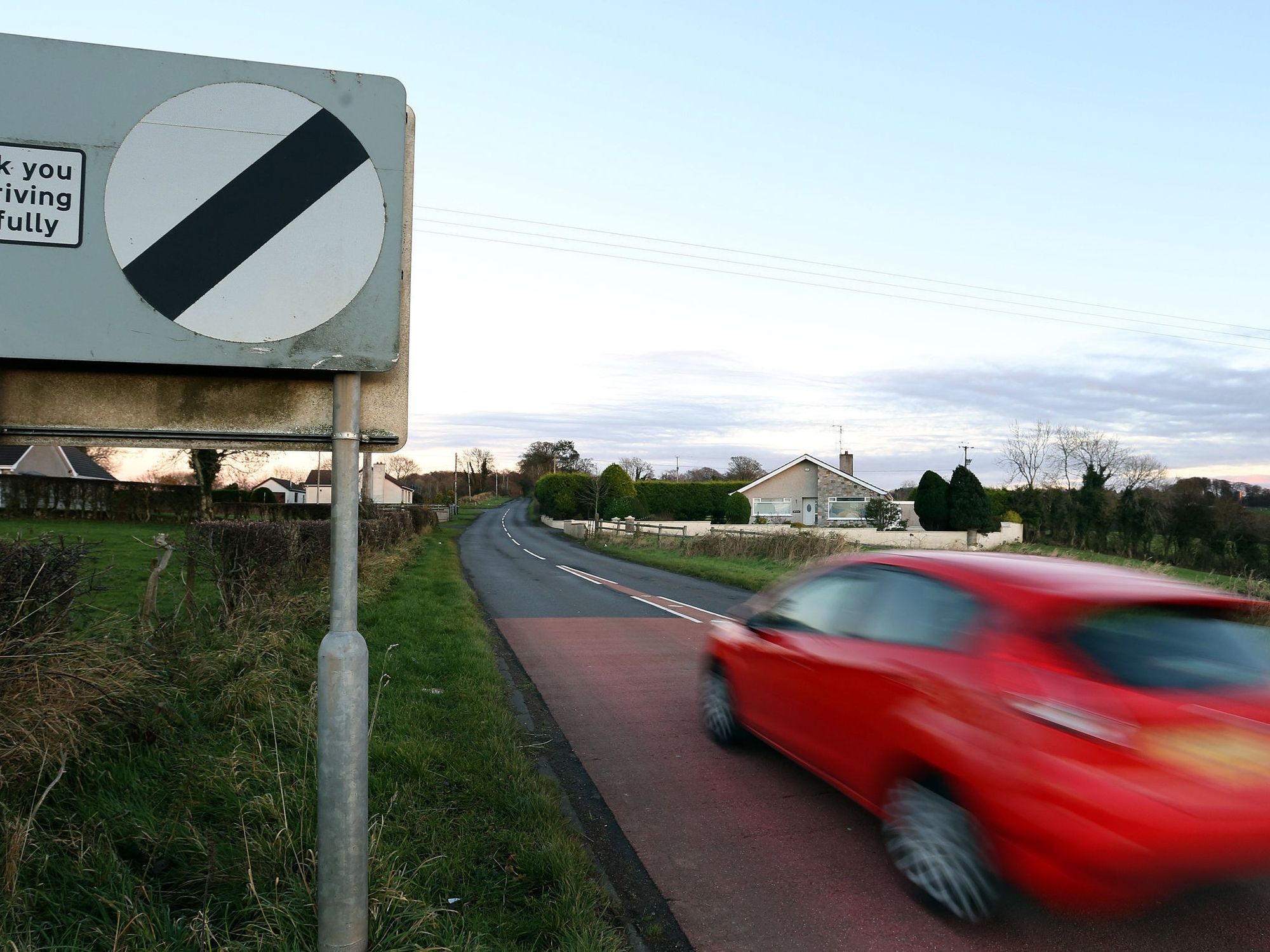Keir Starmer vows ‘not to cave to inflation-busting pay demands,’ amid backlash from Labour’s union backers
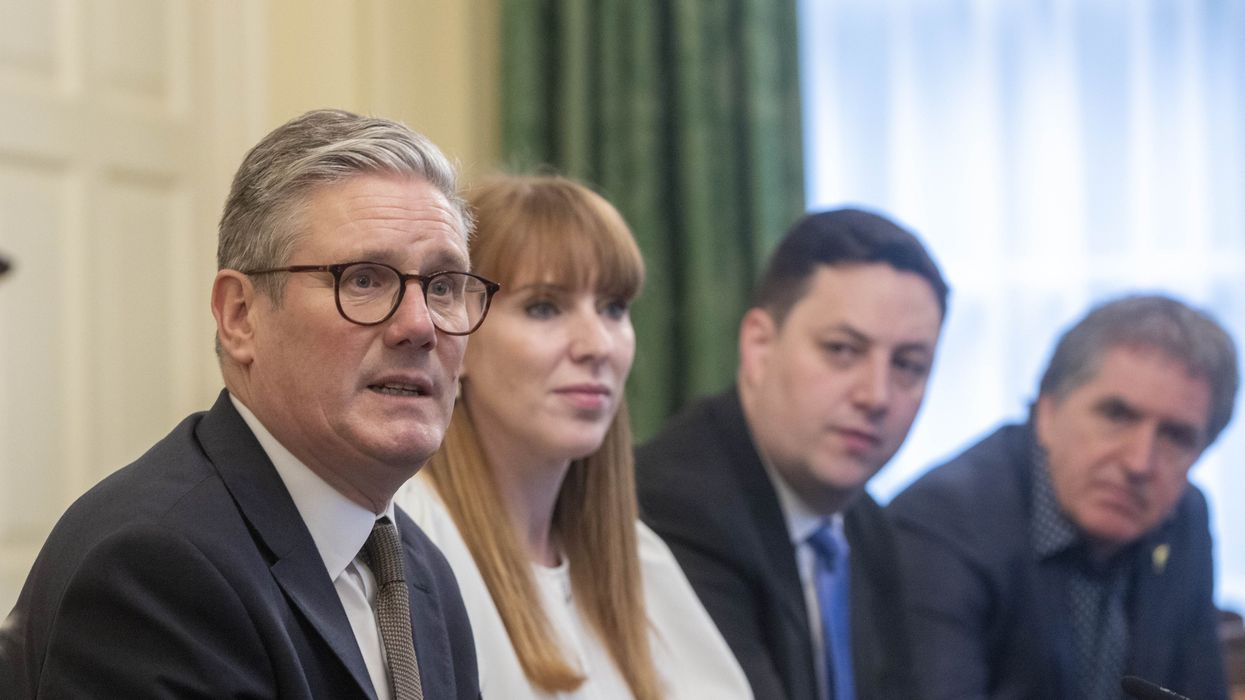
Keir Starmer vows ‘not to cave to inflation-busting pay demands,’ amid backlash from Labour’s union backers
|PA

The PM said not all demands could be met
Don't Miss
Most Read
Sir Keir Starmer has risked a major row with his party's union backers by insisting that he will not give in to inflation-busting pay demands.
Junior doctors have been striking for a year over a demand for a 35 per cent pay rise to cover what they claim are below-inflation pay rises stretching back years.
Other public sector unions are also likely to submit large pay claims later this year.
However, the Prime Minister said that not all their demands could be met because the public finances were in a “very poor state”.
Asked whether he would “give the unions what they want” if they called for higher-than-inflation pay rises, he said: “No, is the answer to the last bit of that question.
“Obviously, there are a number of pay settlements to be gone through on an annual basis. But the finances are in a very poor state, I think that is obvious.
“And that’s why we’ve been careful in what we said going into the election, and we’ll be careful what we say coming out of it.”
 Keir Starmer vows ‘not to cave to inflation-busting pay demands,’ amid backlash from Labour’s union backers | PA
Keir Starmer vows ‘not to cave to inflation-busting pay demands,’ amid backlash from Labour’s union backers | PAHe told reporters including GB News' political editor Christopher Hope at the Nato summit in Washington DC that he was going to prioritise economic stability as part of a bid to bring mortgage rates down.
Starmer said his priority was dealing with overcrowding in prisons rather than pay awards.
“Forget Labour, Conservative. It is shocking for our country to have got into a state where we have too many prisoners and not enough prison places,” he said.
“To a point where any government is now in a position where it has to release prisoners early.”
The remarks about public sector pay were given short shrift by some public sector unions. National Education Union general secretary Daniel Kebede said: “This is not what we want to hear from the new Prime Minister.
“We expect an above-inflation teacher pay offer that is fully funded. Failing to provide properly funded pay increases will have severe costs in terms of recruitment, retention and the delivery of education.
“Education is already at breaking point. Another below-inflation pay rise will break it.”
POLITICS LATEST: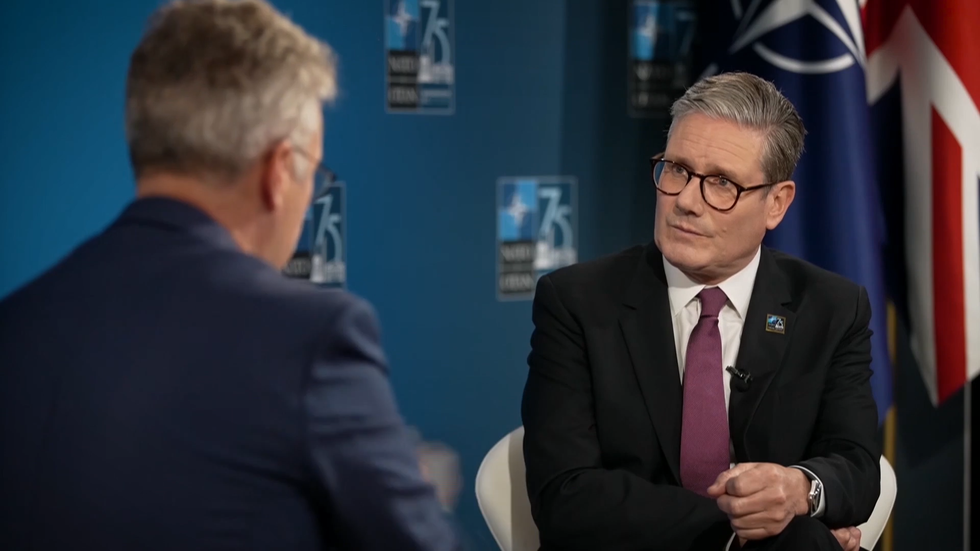
Starmer told reporters including GB News' political editor Christopher Hope at the Nato summit in Washington DC that he was going to prioritise economic stability as part of a bid to bring mortgage rates down
|GB News
Sharon Graham, general secretary of Unite, said: “The biggest crisis facing the NHS and other public sector areas is the inability to recruit and retain workers, caused by many years of pay freezes and below inflation pay rises.
“Experienced staff are leaving the NHS in droves. If we don’t sort out the crisis of people, we won’t sort out the crisis in the NHS. New scanners need staff to operate them. Whatever the plan, it will need more money. This is the undeniable fact.”
A spokesman for the Royal College of Nursing said: “The next NHS pay award must be fair and come swiftly. We will consult our members on whether it meets their expectations. Any pay award must begin to turn around the staffing crisis in our health service.”






